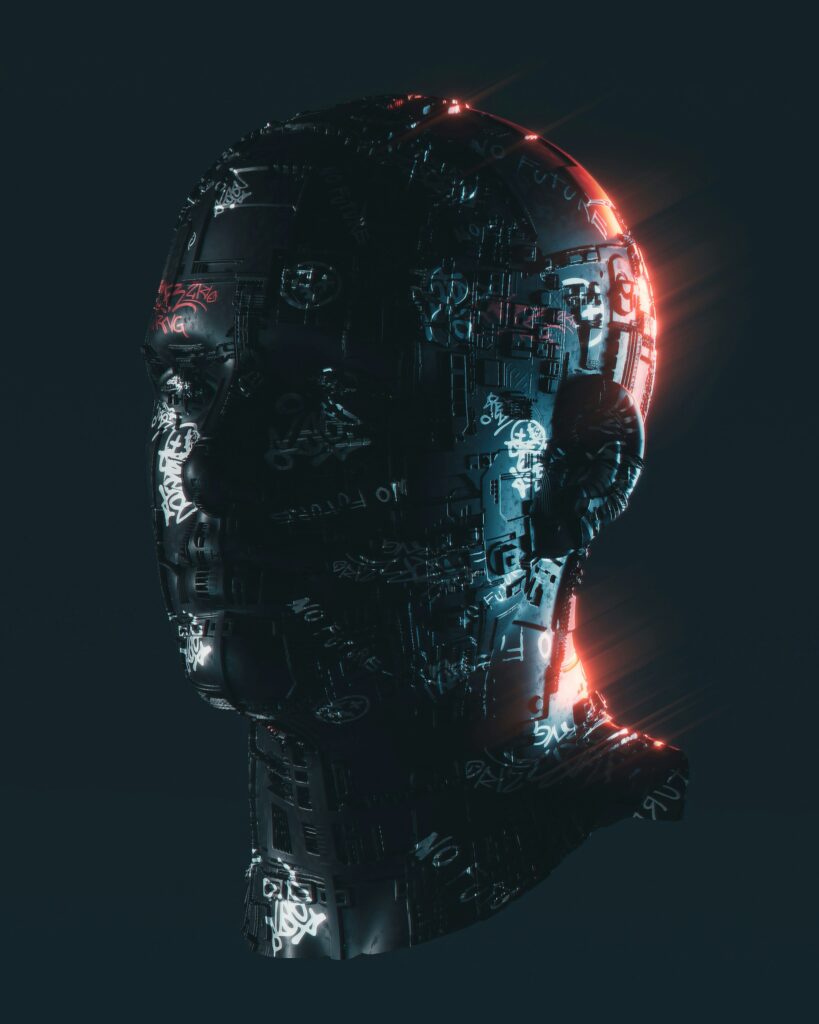In recent years, the integration of advanced artificial intelligence and machine learning technologies into core industrial processes has accelerated dramatically. What began as experimental projects in isolated sectors has now blossomed into a widespread movement, with enterprises across manufacturing, logistics, healthcare, and finance leveraging intelligent systems to unlock new levels of productivity and innovation. According to a report by Accenture, AI has the potential to boost economic growth by an average of 1.7 percentage points across 16 industries by 2035, fundamentally reshaping how businesses operate and deliver value.
The Latest Frontiers: AI in Operations and Logistics
The latest advancements are particularly evident in the realm of predictive analytics and automation. Intelligent algorithms are now capable of sifting through colossal datasets to identify patterns, forecast demands with remarkable accuracy, and even autonomously manage complex operational workflows. For instance, in manufacturing, AI-powered systems are enabling predictive maintenance, anticipating equipment failures before they occur and significantly reducing downtime. This proactive approach not only saves millions in repair costs but also ensures continuous production, a critical advantage in today’s competitive global market.
Beyond the factory floor, the supply chain and logistics sector stands as a prime example of AI’s transformative power. Companies are deploying intelligent routing systems, autonomous inventory management, and AI-driven demand forecasting to create hyper-efficient, resilient supply networks. Retail giants and logistics providers are using machine learning to predict optimal stock levels, prevent bottlenecks, and personalize delivery routes, leading to faster service and reduced operational overhead. This shift towards an intelligent supply chain ensures that goods move more efficiently from producer to consumer, adapting to real-time changes and unexpected disruptions.
Unpacking the Impact: Data and Industry Adoption
Data from market intelligence firms further underscores this trend. A study by IBM found that 60% of organizations surveyed are either currently using or exploring AI, with a significant portion targeting operational efficiency and improved customer experience. This adoption is backed by substantial investments, as businesses recognize that intelligent systems are not just a competitive edge but a necessity for survival in a rapidly evolving market. The ability of AI to analyze vast amounts of unstructured data, from sensor readings to customer feedback, provides insights that human analysis alone cannot achieve, empowering data-driven decision-making at every level.
The impact extends far beyond mere efficiency. In healthcare, AI is revolutionizing drug discovery, diagnostics, and personalized treatment plans, accelerating breakthroughs and improving patient outcomes. In finance, intelligent fraud detection systems are safeguarding trillions of dollars, while algorithmic trading optimizes investment strategies. The common thread across these diverse applications is AI’s capacity to process, learn, and act on information at a scale and speed unattainable by traditional methods, fundamentally changing how industries function.
The Future Landscape: Predictions and Ethical Considerations
Looking to the future, experts like Dr. Kai-Fu Lee, a leading AI venture capitalist, predict an era of “AI coexistence,” where intelligent systems become indispensable partners in human endeavors. While concerns about job displacement are valid, many technologists argue that AI will create new types of jobs and augment human capabilities, allowing professionals to focus on more complex, creative, and strategic tasks. The ongoing challenge will be to manage this transition responsibly, ensuring that the benefits of AI are widely distributed and that ethical considerations remain at the forefront of development. The next decade promises even more profound changes as AI becomes increasingly integrated into critical infrastructure and everyday life.
As intelligent systems continue to evolve, their role in driving industry transformation will only expand. Businesses that embrace and strategically deploy AI will be best positioned to thrive in this new era, benefiting from enhanced operational agility, deeper insights, and a newfound capacity for innovation. The future of industry is undoubtedly intelligent, and the journey of transformation has only just begun.
Want to delve deeper into the technological innovations shaping our world? Explore our article on Edge AI Computing Breakthroughs: The Next Frontier to understand how computing power is moving closer to data sources.
For more detailed insights into how AI is specifically impacting the manufacturing sector, check out this comprehensive report from TechCrunch.

